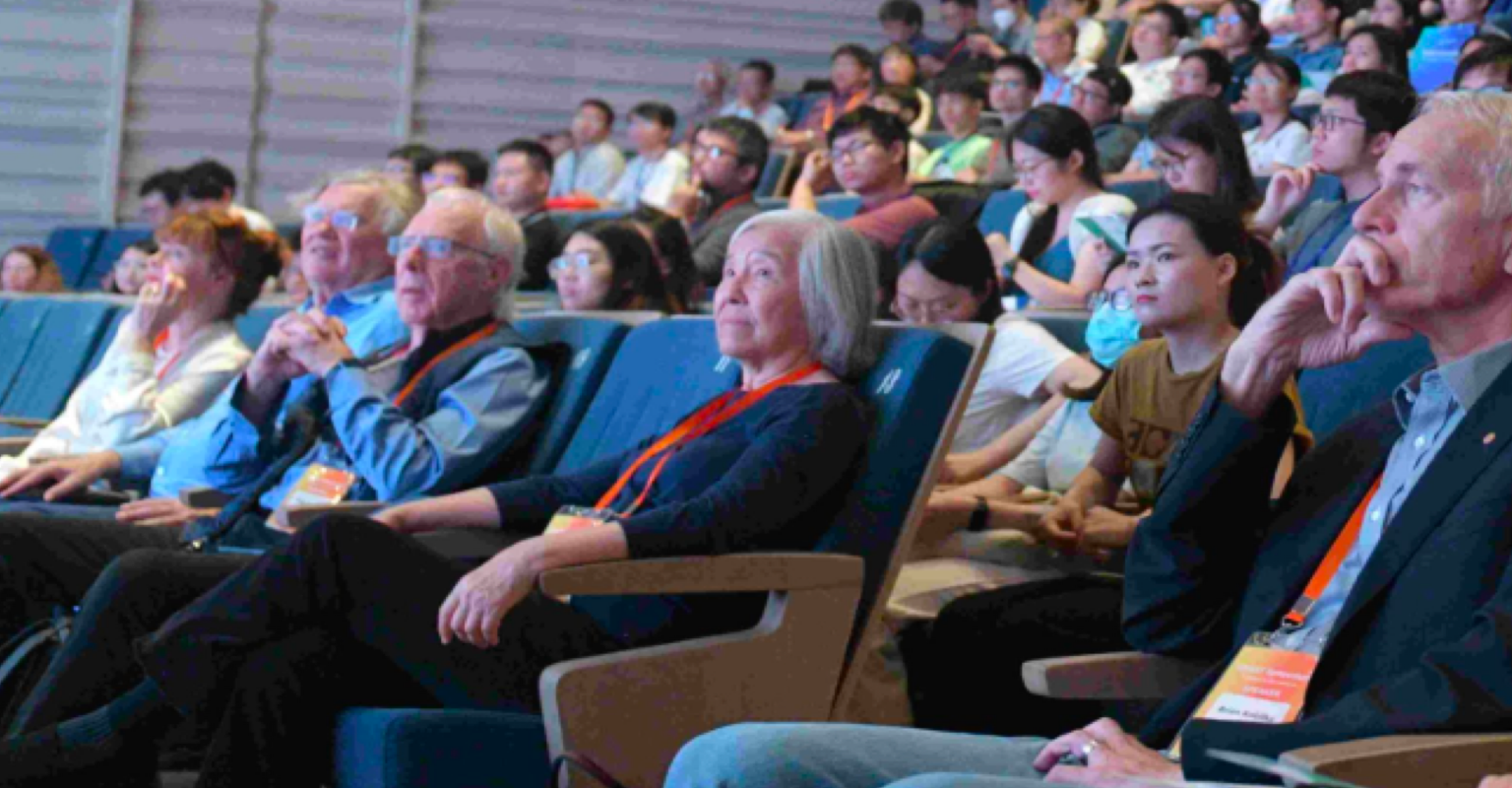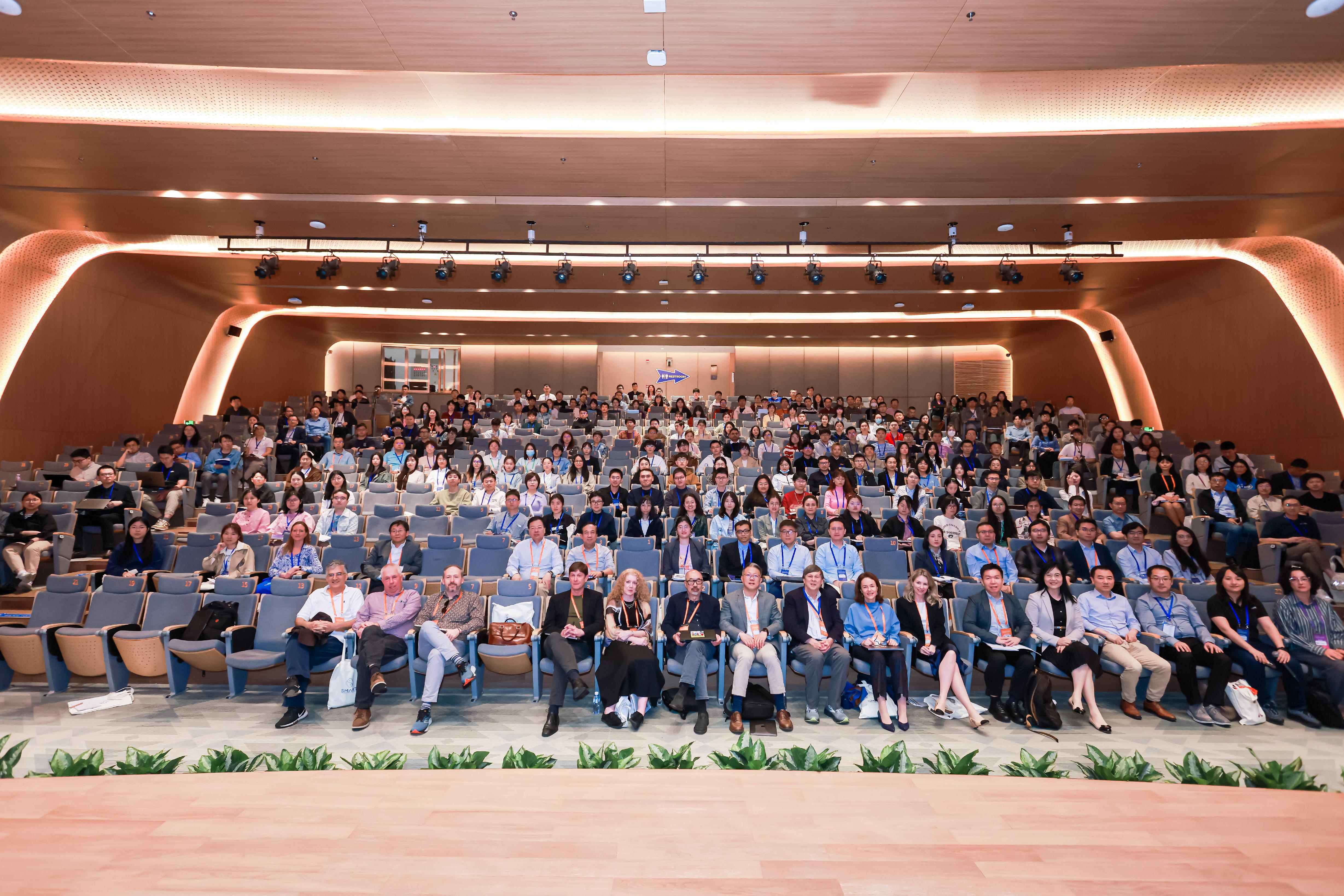


























 Registration
×
Registration
×


Precision medicine holds the potential to significantly enhance our ability to treat cancers, autoimmune diseases, and chronic infections with increasing specificity. Deeper understanding of how lymphocyte antigen receptors recognize antigens and generate signals is driving the creative design of chimeric and artificial receptors. Insights into the formation and maintenance of antigen-specific memory are guiding innovative approaches to cell therapeutics. Visualizing complex immunological and disease processes in vivo and modeling them in organoids are accelerating the translation of basic discoveries into clinical applications. Machine learning and artificial intelligence are unlocking hidden patterns and providing data-driven solutions to fundamental questions in lymphocyte biology. This meeting will convene leading experts and thought leaders in these pivotal areas of immunological research, with the goal of advancing our capacity to analyze, understand, and engineer lymphocyte biology for the next-generation precision medicine.
Topics covered in the symposium:
Hai Qi, Tsinghua University, China
Mark M. Davis, Stanford University, USA
Carola Vinuesa, The Francis Crick Institute, UK
Laura Mackay, The University of Melbourne, Australia
Lisa Butterfield, Merck, USA
Chen Dong, Westlake University, China
Bo Huang, Peking Union Medical College, China
Zhiwei Huang, Harbin Institute of Technology, China
Matteo Iannacone, San Raffaele Scientific Institute & University, Italy
Jonathan Kipnis, Washington University, USA
Vijay Kuchroo, Harvard University, USA
Wanlu Liu, Zhejiang University, China
Tak Mak, University of Toronto, Canada
Stephen Nutt, Walter and Eliza Hall Institute, Australia
Qiang Pan-Hammarström, Karolinska Institutet, Sweden
Min Peng, Tsinghua University, China
Jiangning Song, Monash University, Australia
Stephen Schoenberger, La Jolla Institute for Immunology, USA
Xuemei Tong, Shanghai Jiao Tong University, China
Haopeng Wang, ShanghaiTech University, China
Xiaowo Wang, Tsinghua University, China
Peng Wu, The Scripps Research Institute, USA
Ramnik Xavier, Broad Institute of MIT and Harvard, USA
Huji Xu, Naval Medical University, China
Meng Xu, Tsinghua University, China
Lilin Ye, Third Military Medical University, China
Di Yu, The University of Queensland, Australia
Jun Yu, The Chinese University of Hong Kong, China (Hong Kong)
